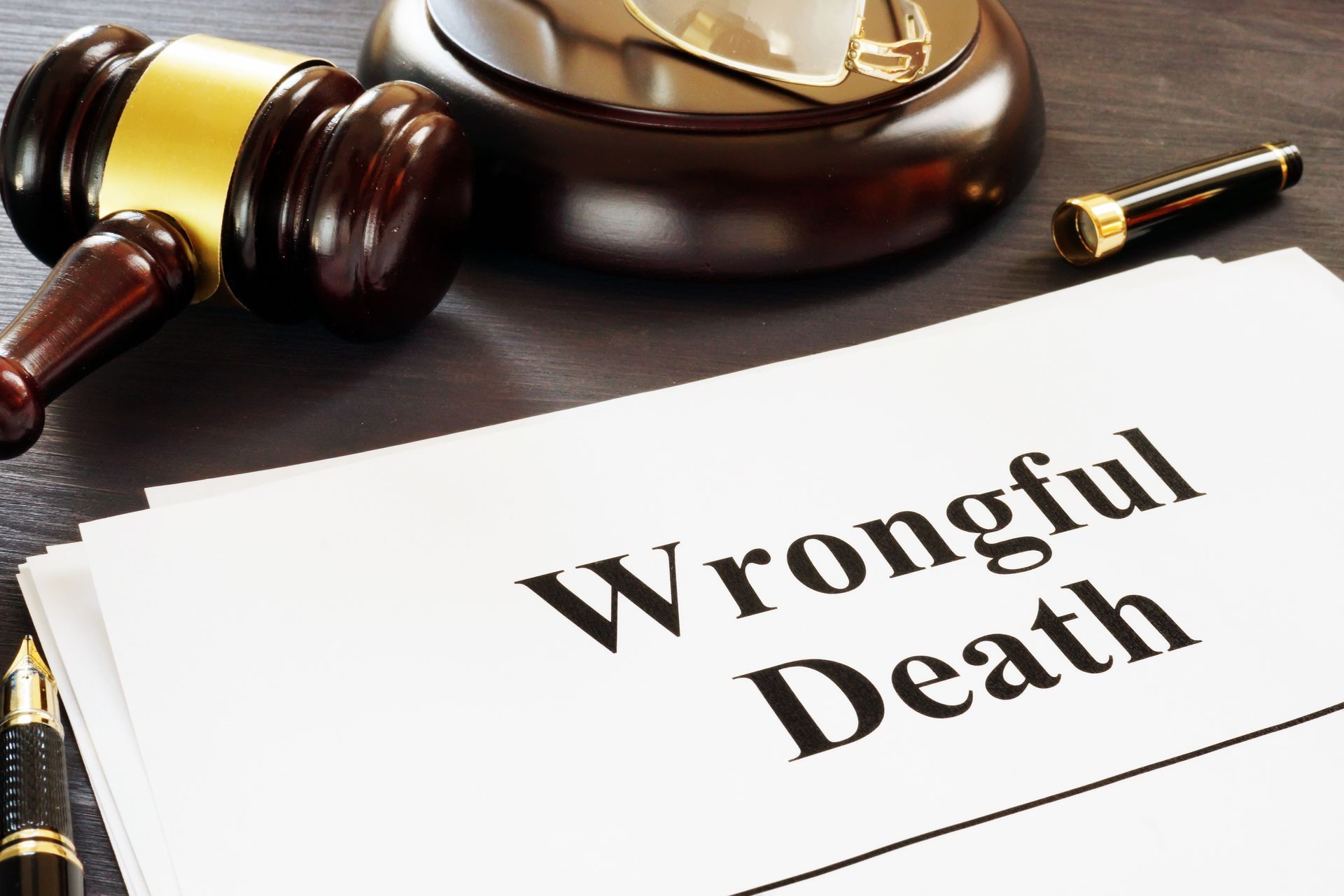5 Questions to Ask Your Local Personal Injury Attorney
If you're the victim of an injury, you may be dealing with a great deal of trauma. Unfortunately, many injuries can happen no matter how careful you are. You may get injured on the job, on the road, or as a customer at a business. According to the CDC, the top three causes of work-related injuries treated in an emergency department were contact with objects and equipment, overexertion and bodily reaction, and falls, slips, or trips. If you've suffered an injury, you should contact your local personal injury attorney. During your consultation, there are many questions you should ask to ensure you have the right legal representation for you. Read on for some questions you can start with.
1. What Experience Do You Have?
Regardless of what type of injury you suffered, you want a lawyer who knows what they're doing. While a young lawyer may be sharp, the more experience a lawyer has, the better, especially when it comes to personal injury cases. Sometimes these cases can be harder to prove, especially in a workplace and with insurance claims. Insurance claims hesitate to pay out large amounts, so you need a legal team on deck that knows how to handle the many layers of the situation. Having a new lawyer versus one with many years of experience handling these types of cases can be a deal breaker between whether you have enough compensation to cover the expenses from missing work and needing rehab versus getting the minimal amount possible.
2. Will the Case Go to Trial?
Just because you pursued legal representation doesn't mean you have to go to court. Your lawyer will do what they can to mediate between the opposing party so that you can settle. That's always the best way to go when possible. However, both sides must agree to the settlement for that to happen. If one side rejects a settlement or settlement offer, you must prepare for a court trial.
3. Do You Offer Free Consultations?
Normally the answer will be yes. Most legal offices do provide free consultations for prospective clients. The consultation may usually last about an hour. The consultation may be over the phone or in person. During this initial consultation meeting, you can ask these related questions listed here. You can also discuss any fees or payment plans that are available. You can go over the logistics of your case, what happened, how the defendant handled the situation, and so on. It's during this consultation that both you and your lawyer can agree on whether you can work together.
4. What Is Your Success Rate?
Personal injury cases can be tricky to win. That's why you want a good local personal injury attorney with a stellar track record. Don't waste your time with legal representation that doesn't know how to benefit the client. You'll end up wasting time, money, and resources on a lawyer. If you lose the case, you won't get your money back. Find the right professional and spend your money wisely.
5. How Often Can I Expect Updates?
When you hire a legal team, you want to ensure they know how to communicate well. Your local personal injury attorney may have different communication methods with their clients. Find out if your attorney prefers to use e-mails, text messages, phone calls, or in-person meetings. You both should agree on the best communication methods for you and how often you should be updated. The last thing you want is to be left in the dark about your case.
Suffering an injury can be hard for anyone. You may be in physical pain and need surgery or physical therapy. In worse cases, a permanent disability may happen. If you have to miss work or become permanently disabled, that can become a major source of financial pressure on you and your household. That's why, regardless of the source of your injury, you need to get the compensation you deserve. Hiring a good local personal injury attorney will ensure you know your rights and don't get taken advantage of. Don't suffer from these injuries alone. Call your local legal team at Wilson & Novak Law Offices today for assistance. We'd be happy to help.





